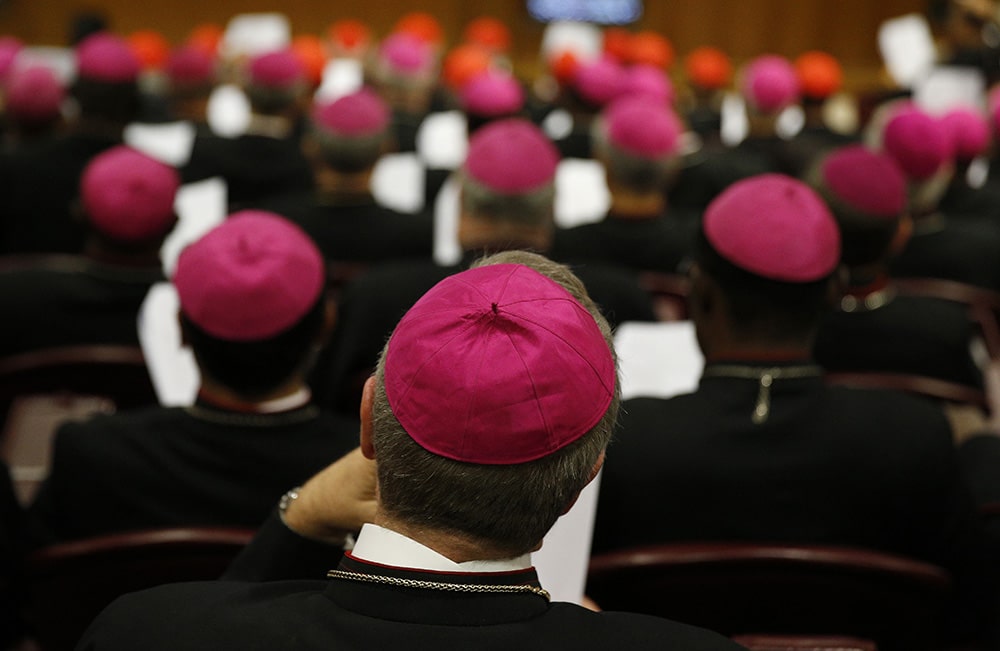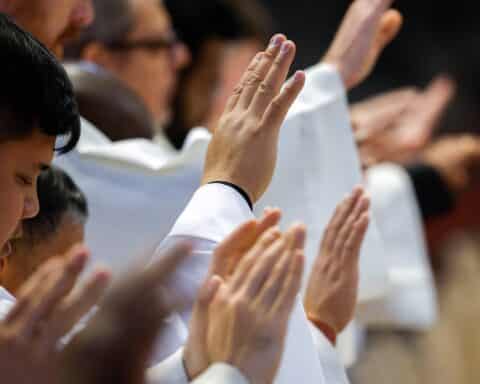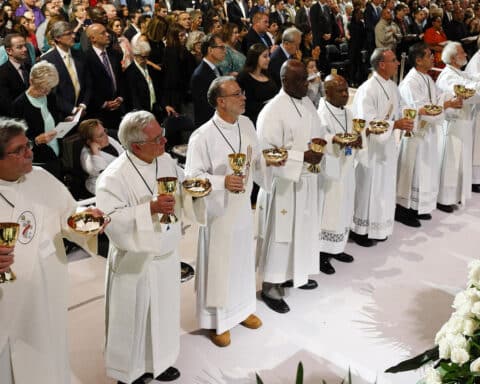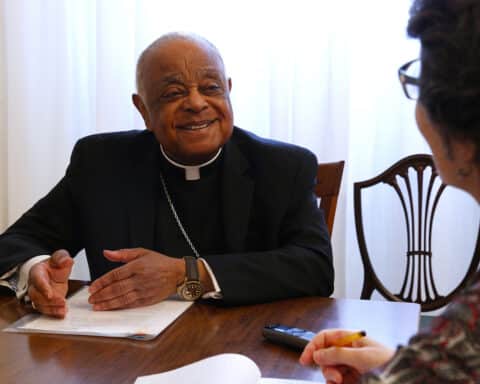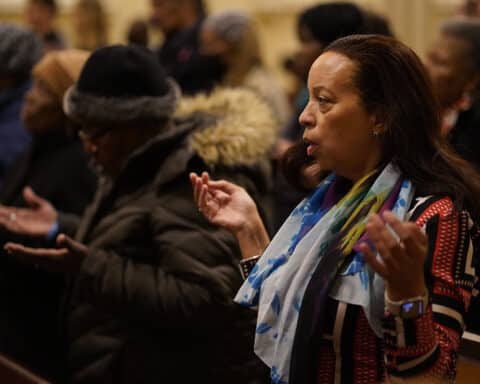Several months will pass before October comes, but in October, many Catholics will be led, whether they like it or not, to think about their religion — some with delight and high hopes, others with disapproval and fear.
On Oct. 4, the Synod of Bishops will convene in Rome, remaining in session until Oct. 29, almost four weeks. It will recess and then reconvene in October 2024.
Catholics will take notice because of two factors. As part of a preliminary process, around the world many Catholics, not only bishops or clergy and including thousands of Americans, virtually in every parish, discussed Church policies, and even teachings, as preparation for the synod.
From these conversations came suggestions or opinions that pleased some Catholics but disturbed others, such as approaches by the Church to discuss the epidemic of divorce in Western society, sexual relationships between persons of the same gender, the definition and importance of gender, the place of women and minorities in the life of the Church, priestly celibacy, and migration from one country to another, to name only a few, subjects that often are controversial, even extremely so.
Topics heard in synod discussions will be extensively publicized by the conventional news media. Goodness only knows what opinions, hunches and guesses regarding the synod will fill the informal social media.
Already one point has been poorly reported: women in the synod. Women always have participated in synods, but until now only bishops voted on resolutions like the Synod of Bishops.
Be prepared. Handicapping formal reporting will be a reality that radically changed journalism. Profit drives everything. In this country, the news media networks and even local channels and radio stations are commercial undertakings, private businesses with shareholders or owners who want to make money. Well, American life revolves around making money, whether it be running a pharmacy, car wash, computer store or an airline.
In the television news media, 24/7 coverage costs big, big money. Competition is terrifyingly savage. Cable and broadcast, all fight to the death for viewers. Why? Viewers buy products or services provided by advertisers.
If advertisers see no sales, they do not advertise. The medium goes broke. Certain commercial news media react, to hold onto audiences, by telling people what the people want to be told. Sadly, too many people eat it up, as if agreeing with a reporter’s outlook confirms a report’s truth.
Biased reporting, at one time professionally despised as lethal to veracity in journalism, is common. Editors, reporters and commentators know that the sensational, as always, fascinates people, so the most outlandish, coincidental and unproven receive favor.
To cut costs, many American media reduced, or eliminated, reporting positions and processes for research once committed to religious news. Hiring specialists in religion to report religious news once was the standard. That day has gone.
In this environment, Catholics next fall will “learn” about the synod, but nobody will be helpless, without access to knowing what truly is underway in Rome.
Seek, and only trust, reliable Catholic news providers. Rely on good commentaries and analyses. Many are available, including OSV, as our long history shows. Separate opinion from reporting. Demand that a medium labels opinion.
Synods make no rules or regulations, define no Church teachings. Through systematic and organized procedures, they tell the pope at any given moment what is occurring across the world.
Popes successively, including John Paul II and Benedict XVI, relied on synods for information. No pope hears synod reports with any obligation. Any pope may or may not act in response, but always alone.
Catholics everywhere, in different cultures or circumstances, live and find their way to God. Christ established the Church to help people to find God. Thus, the pope, the Church’s chief pastor, must help them. The Lord promised to be with and guide the Church, always, through thick and thin.

